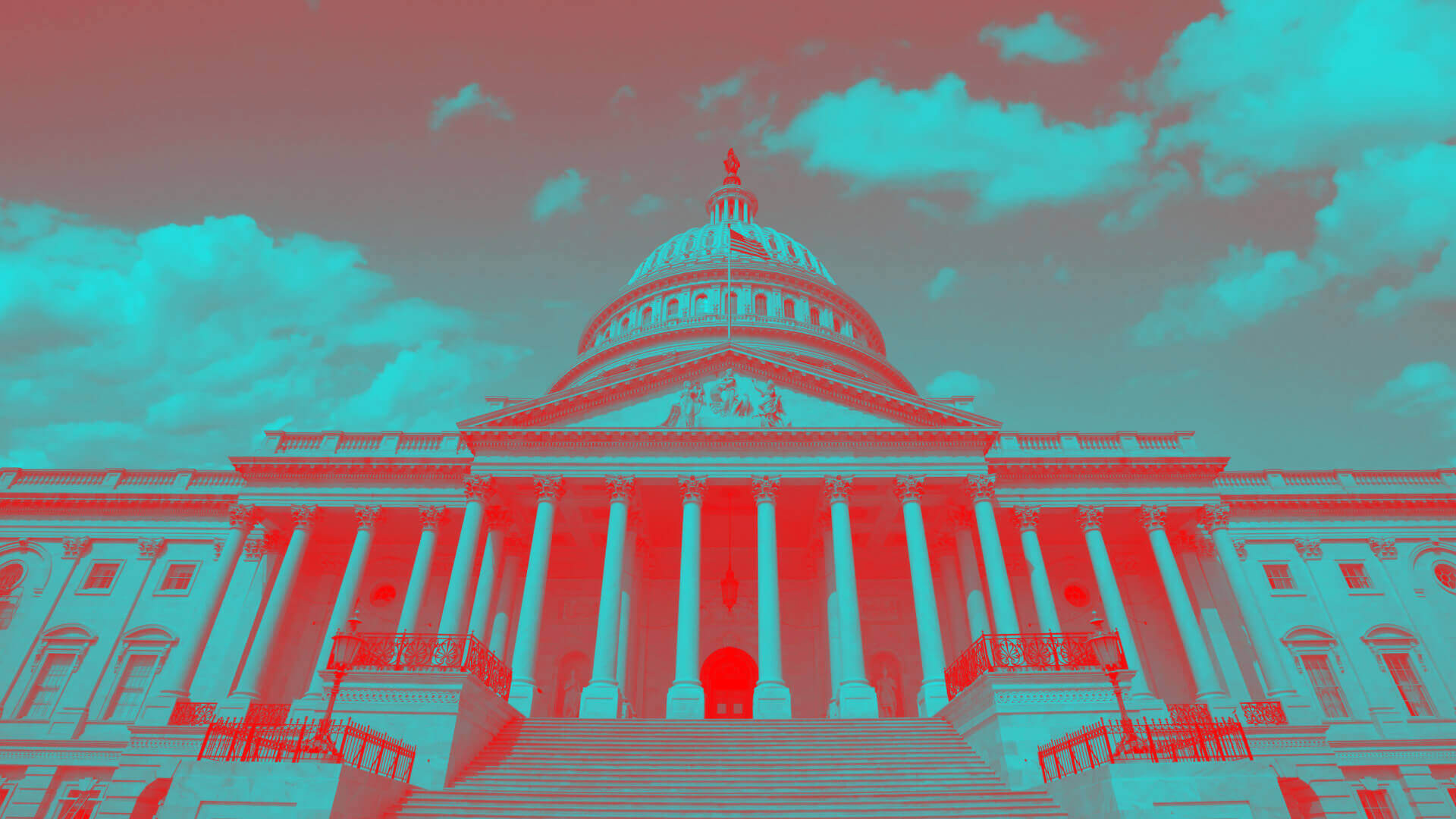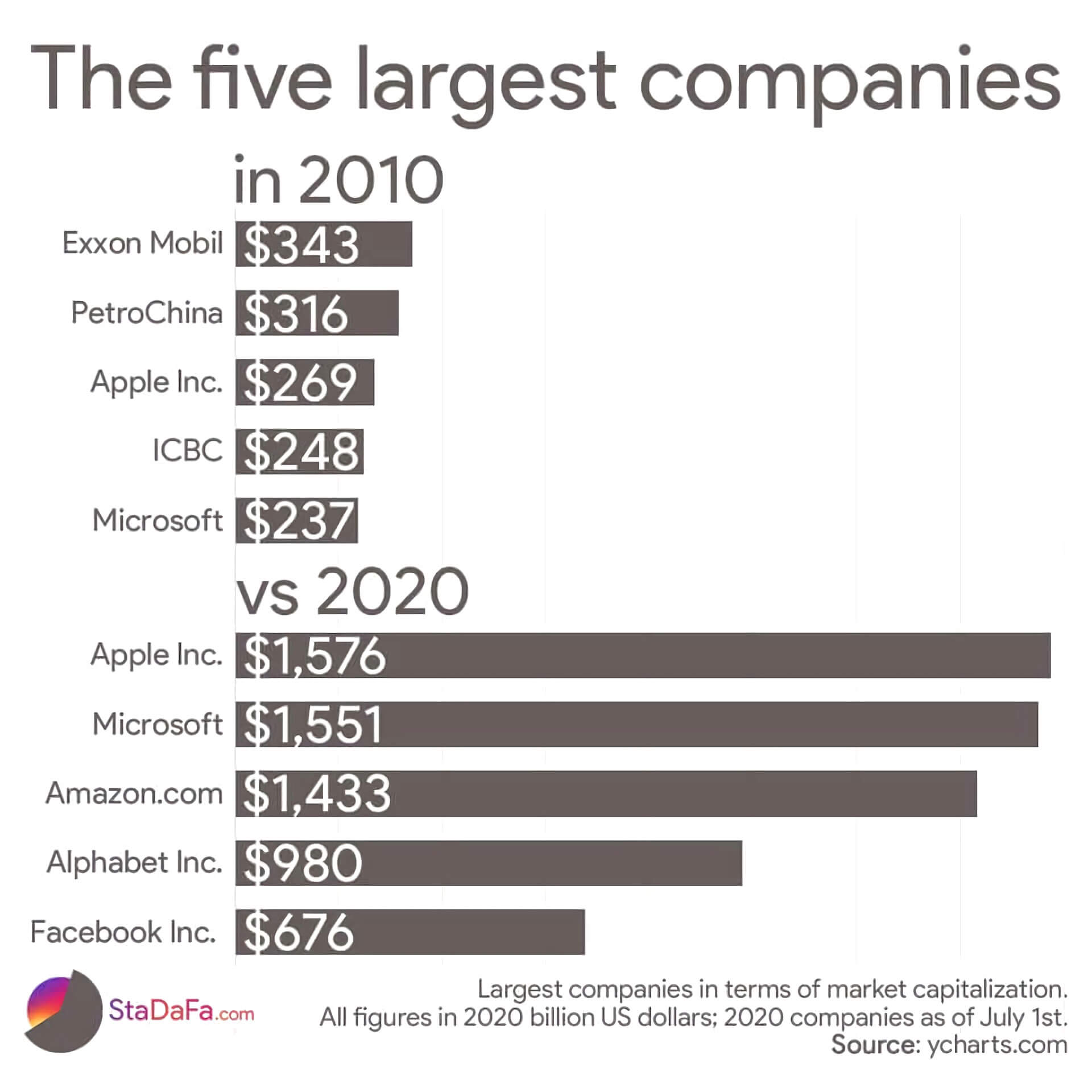The big picture: The biggest tech companies went from puny startups to trillion dollar giants with a collective market valuation that amounts to over $5 trillion. House officials have concluded that they have acquired too much power, which has led to a lot of anticompetitive behavior that calls for strict measures to prevent it in the future.

House lawmakers have spent more than 15 months analyzing over 1.3 million documents from Facebook, Apple, Amazon, and Google to gain a better understanding of the mechanisms that led to their monopolistic power and whether or not they abused it in any way. They've also grilled the CEOs of the four companies in a landmark antitrust hearing, but their questions were mostly met with generic answers.
The House Judiciary Committee's Antitrust Subcommittee Democratic members have published a 449-page report where they detail their conclusions, as well as proposals for legislative changes that they'd pursue should they manage to hold the White House and Congress after November.
The first conclusion is that the four companies had turned from "scrappy" underdog startups to "the kinds of monopolies we last saw in the era of oil barons and railroad tycoons." And while officials recognize the benefits these firms have delivered to society as a whole, they also discovered that more often than not they tend to run a marketplace while competing in it, which allows them to set the rules for others while seemingly ignoring them.

Facebook is described as a social giant that acquired its power through a strategy of "copy, acquire kill," which has led to many privacy and misinformation scandals. Amazon is seen as a gatekeeper of an online marketplace where it also operates as a seller, which has resulted in mistreatment of third-party sellers.
Google dominates search, search ads, and a big portion of web advertising, and uses its treasure trove of user data to undermine its competition. Apple exerts strict control of software distribution on its mobile platform and has a tendency to exploit rivals with commissions and copy their services.
One of the recommendations offered by Democratic staff is something we've seen before -- breaking off big tech companies or imposing a different organizational structure so that online marketplaces can operate as independently-run businesses. However, CEOs like Facebook's Mark Zuckerberg have been working and doing everything in their power to make this as difficult as possible.
As noted by Bill Gates, who was involved in one of the biggest antitrust cases in history, splitting a bad company into multiple, smaller bad companies does little to solve the underlying problem.

Another proposal is to increase the budgets of the FTC and the Department of Justice Antitrust Division and requiring them to become more transparent. At the same time, Democratic staff wants all big mergers and acquisitions to be scrutinized more carefully before getting the green light.
Under new legislation, the companies would have to prove their deals aren't anticompetitive, as opposed to having antitrust enforcers prove that they could be.
Dominant platforms would also have to adapt their services so they are cross-compatible with their competitors, including the ability to migrate user data from one service to another. Furthermore, they'd have to offer "equal terms for equal products and services," as well as refrain from providing preferential treatment to some content providers.
Naturally, Republicans object to some of the findings and proposals in the report, especially the ones involving structural separations of big tech companies and data interoperability. However, they do agree with the proposed increase in resources allotted for antitrust enforcement agencies. Even with the disagreement on some of the bolder proposals in the Democratic majority's report, it seems like Big Tech is looking at an entire "menu of potential changes" to how they'll operate in the future.
https://www.techspot.com/news/87024-house-antitrust-report-suggests-big-changes-coming-how.html
